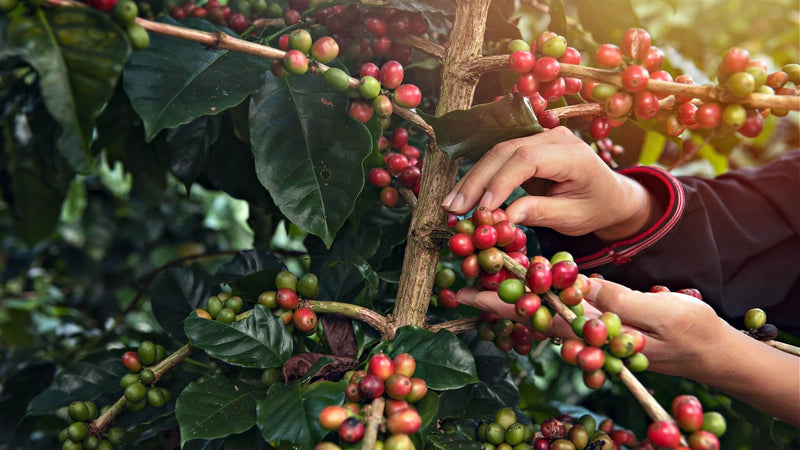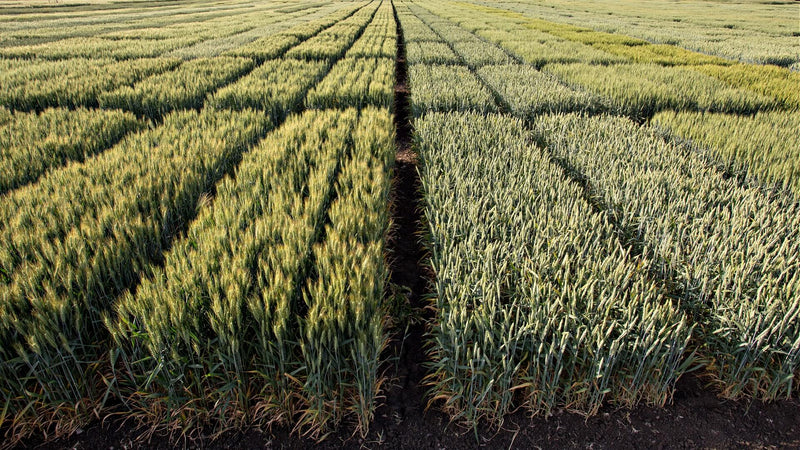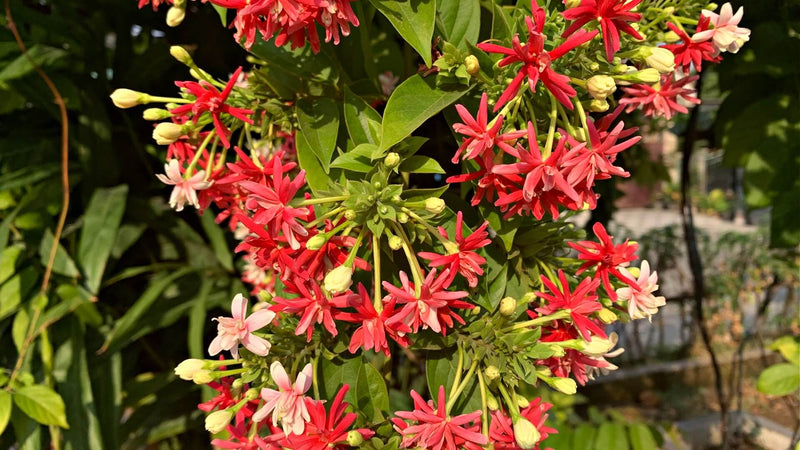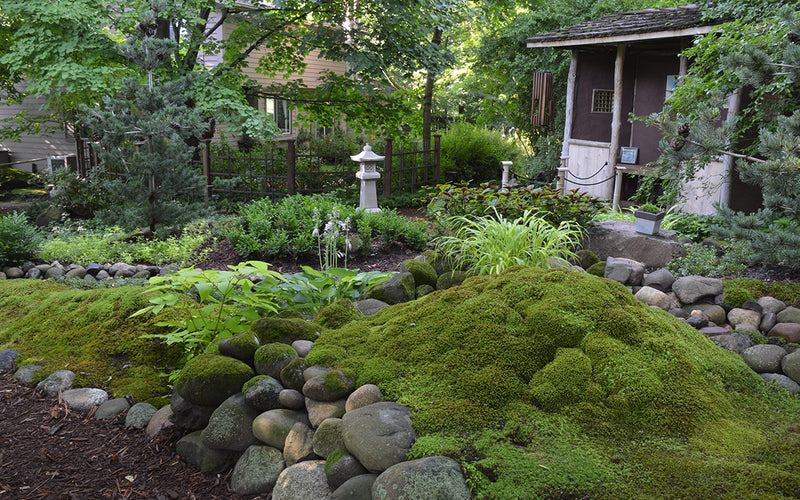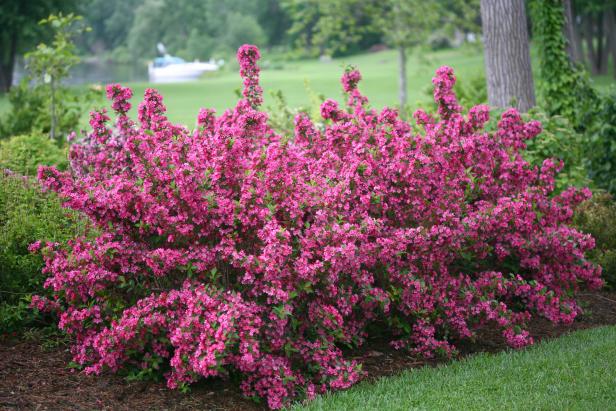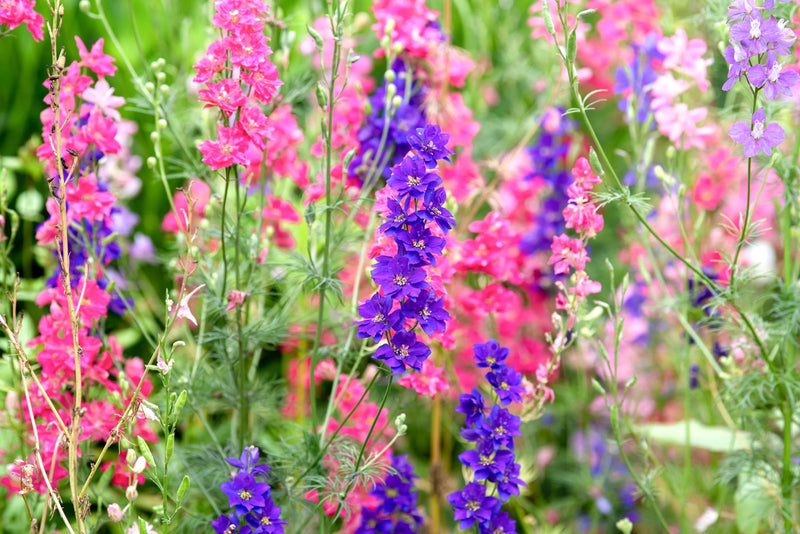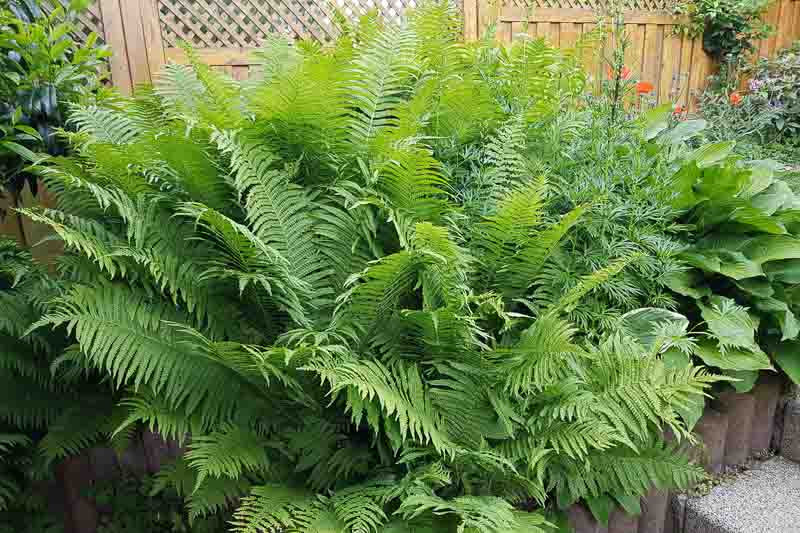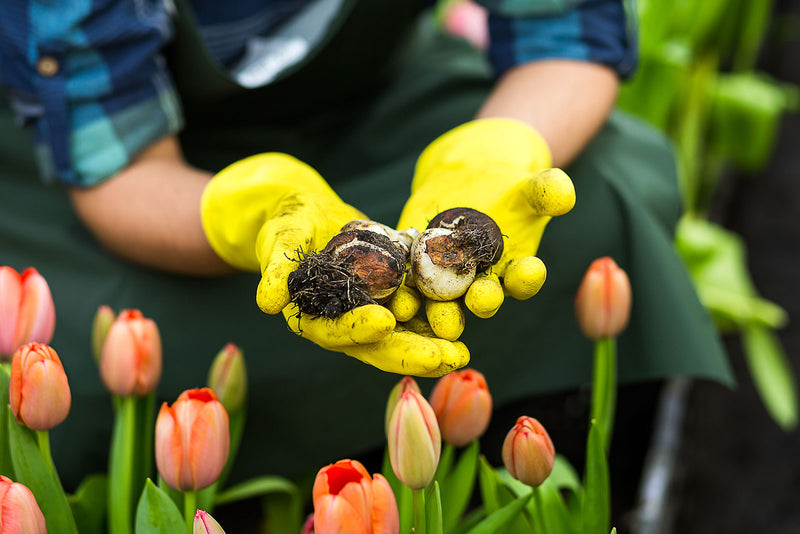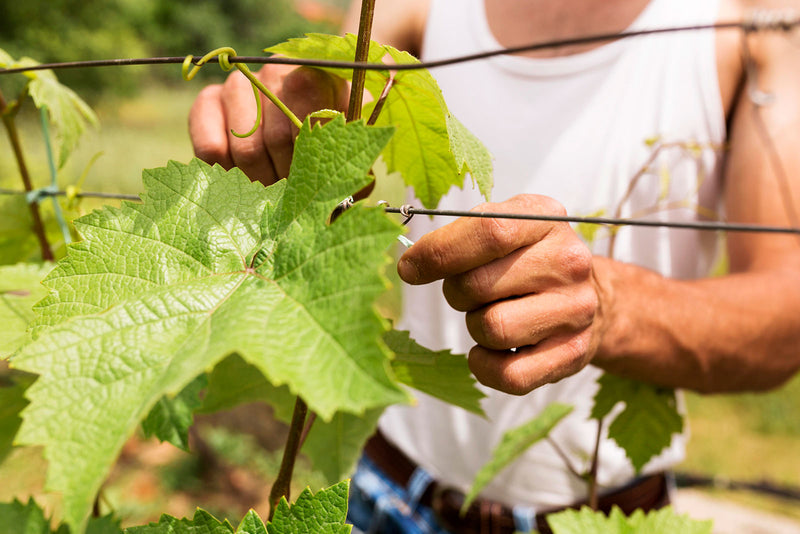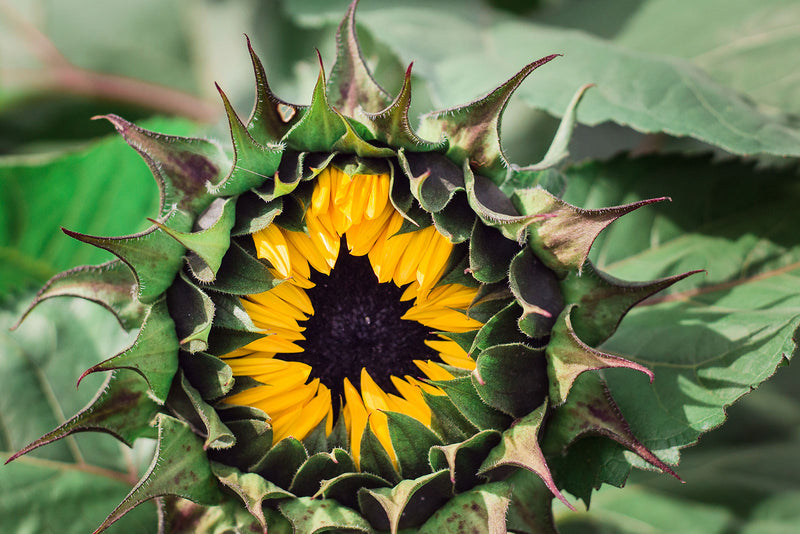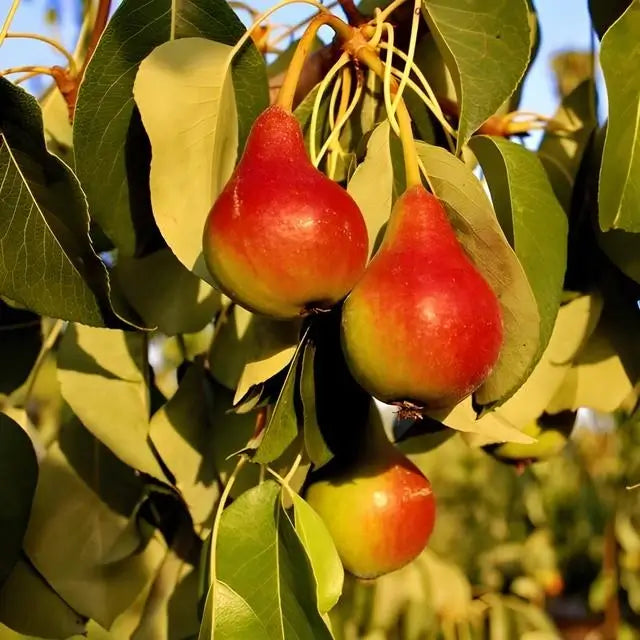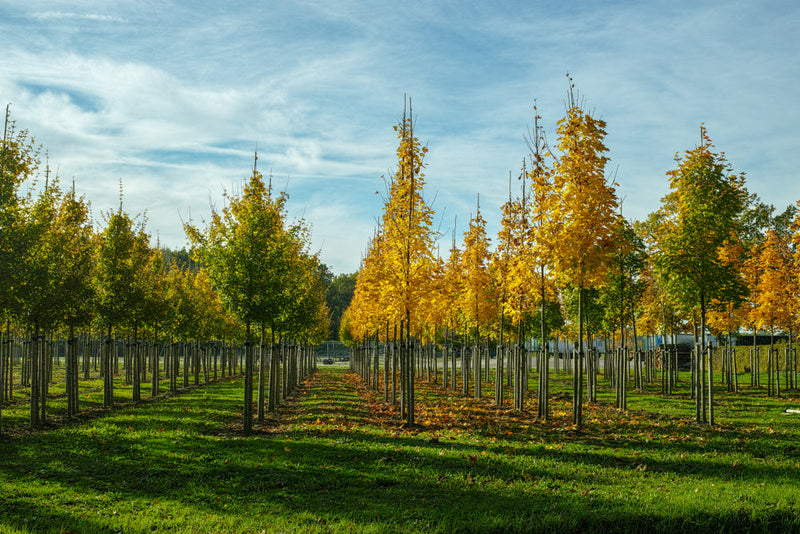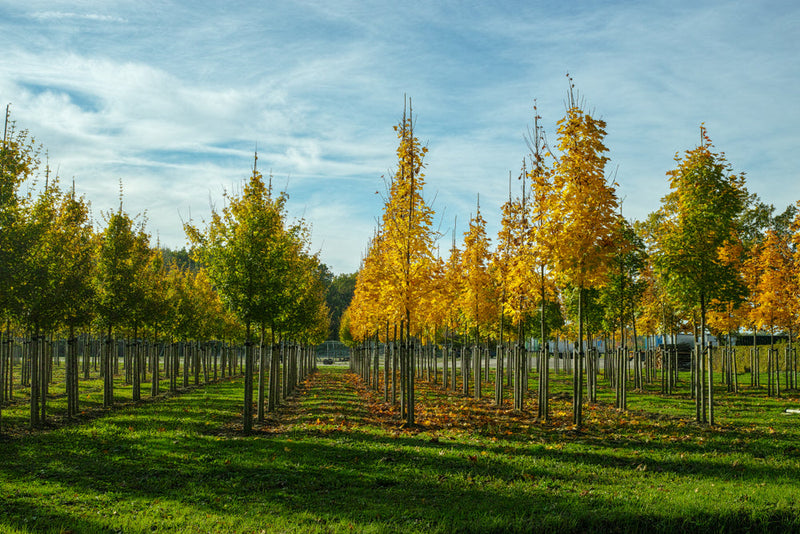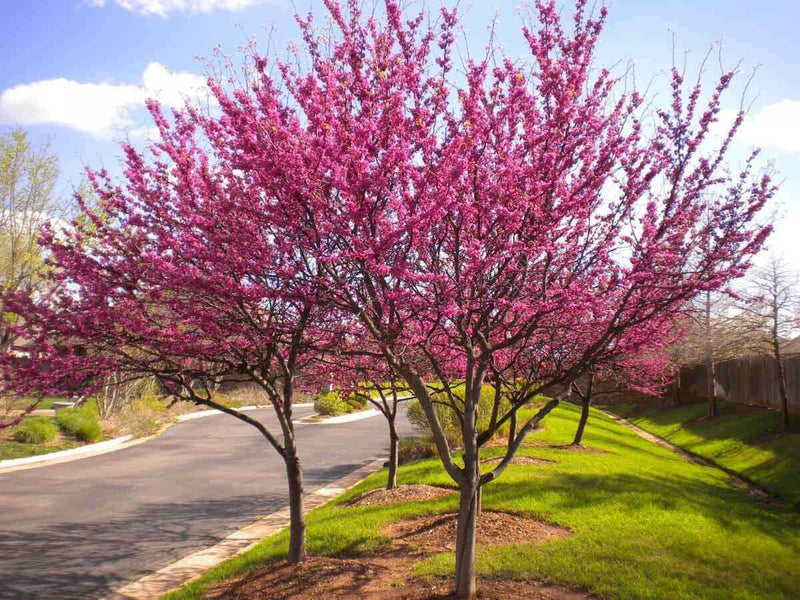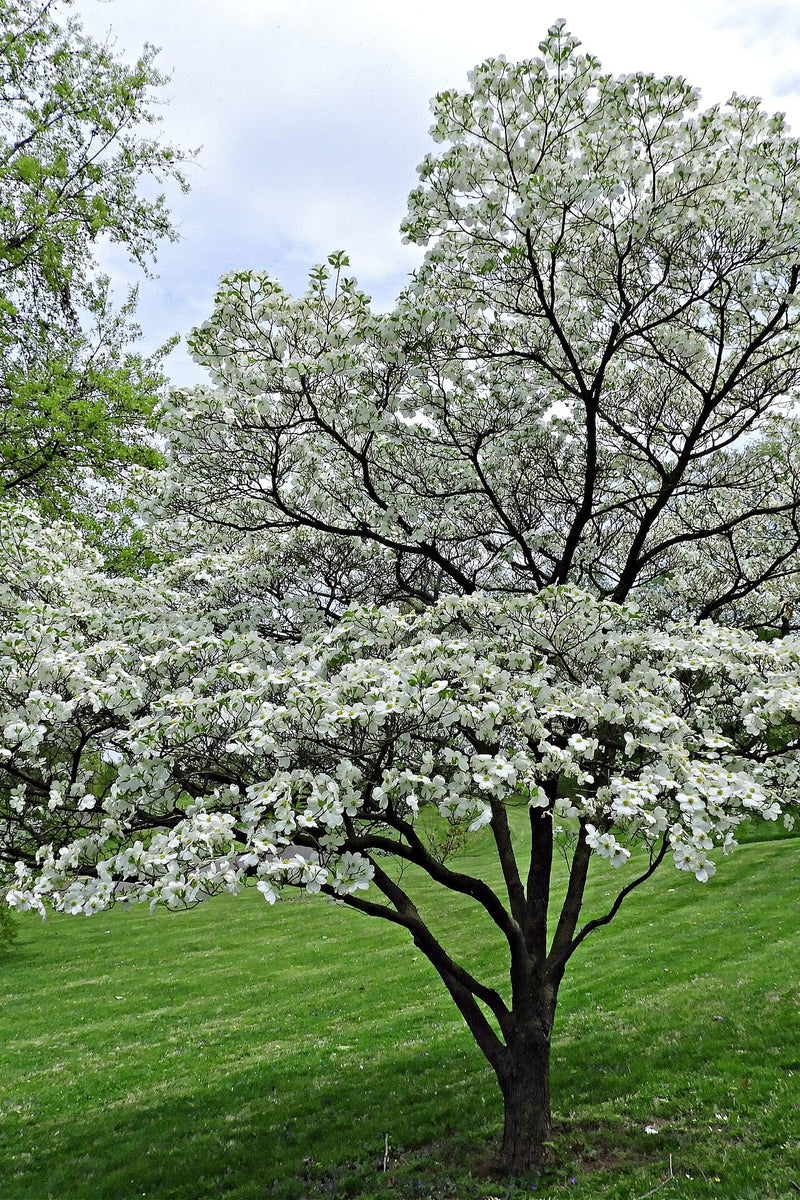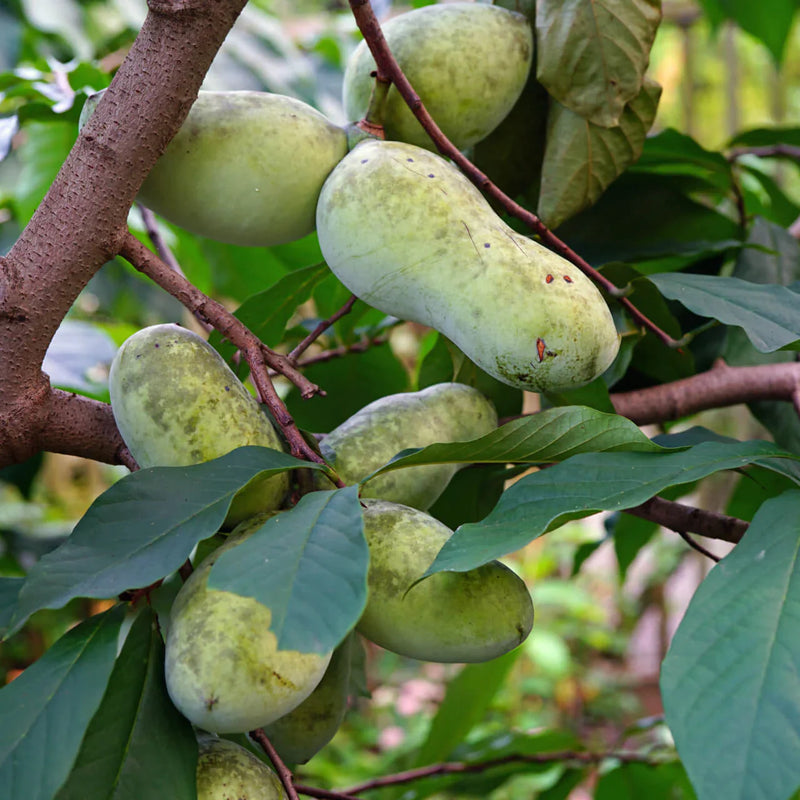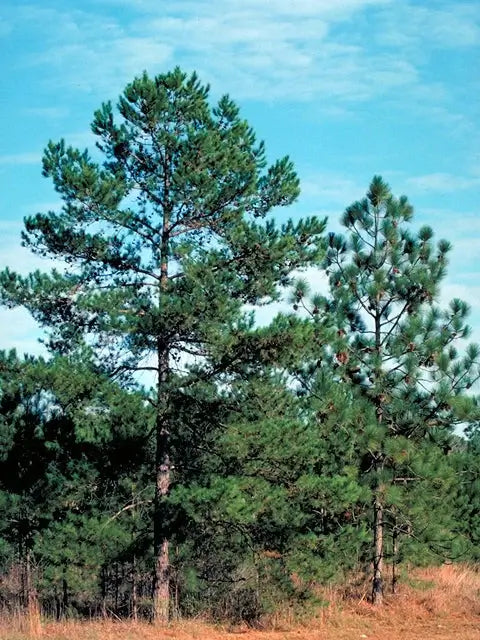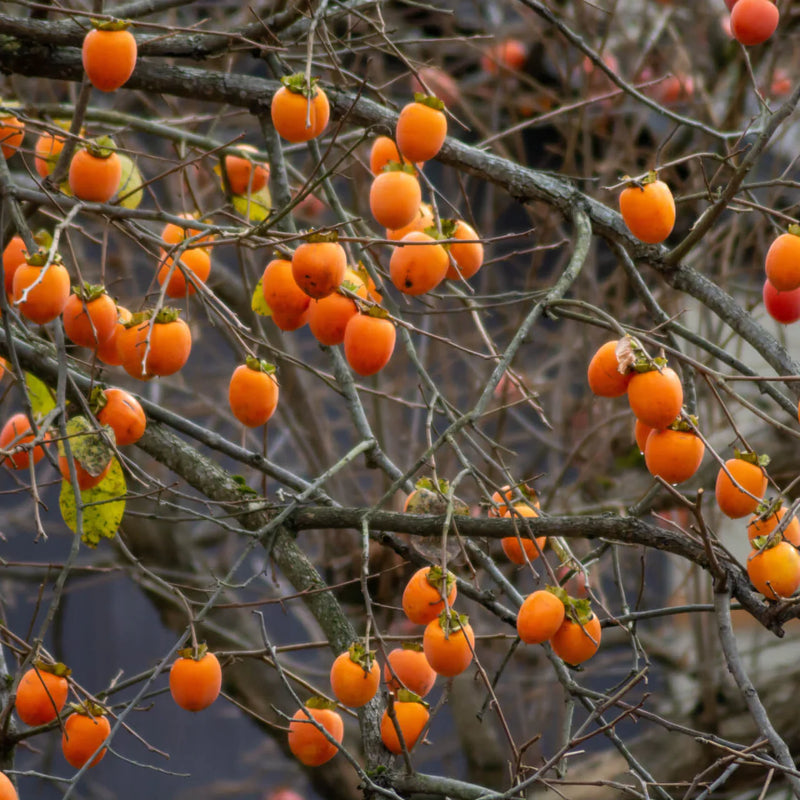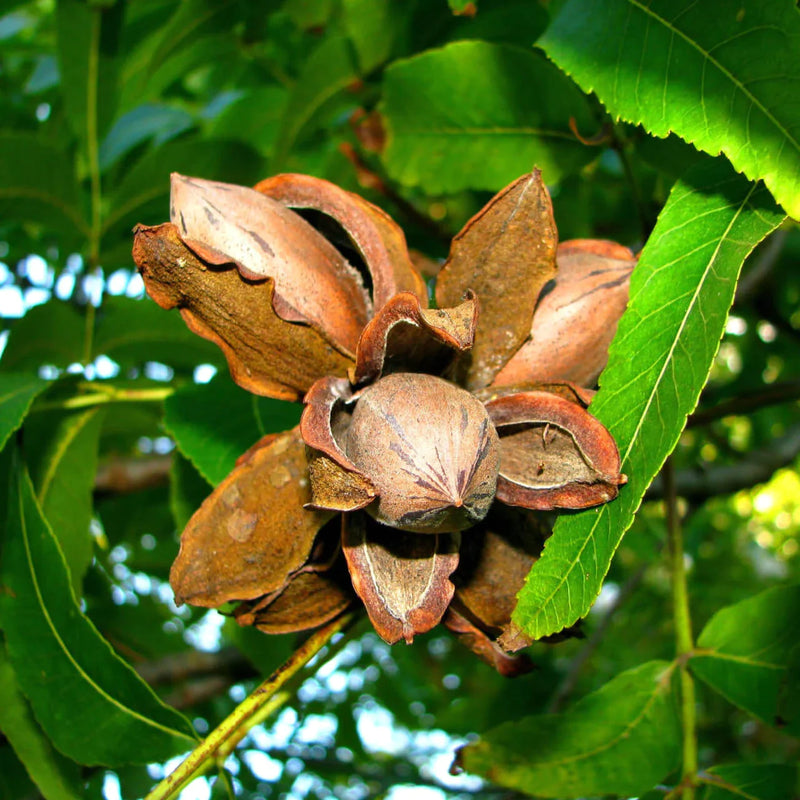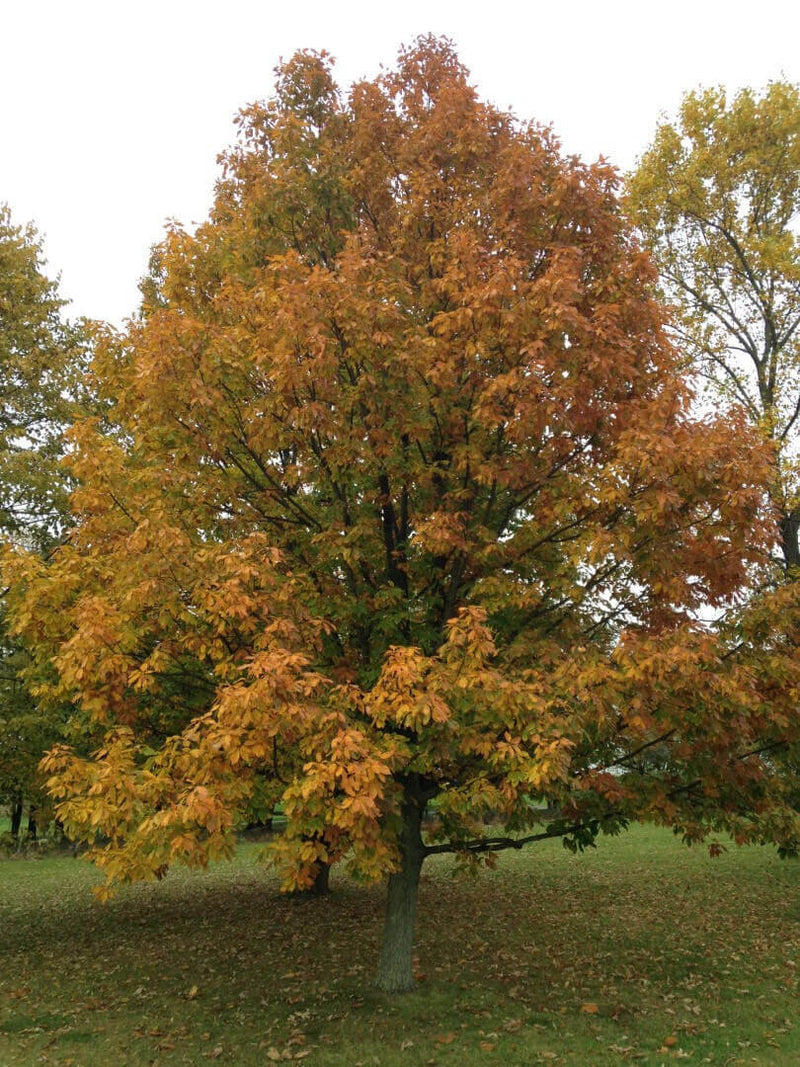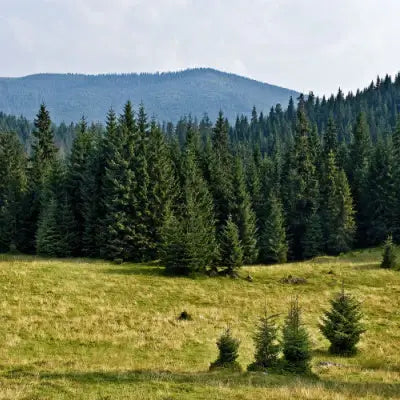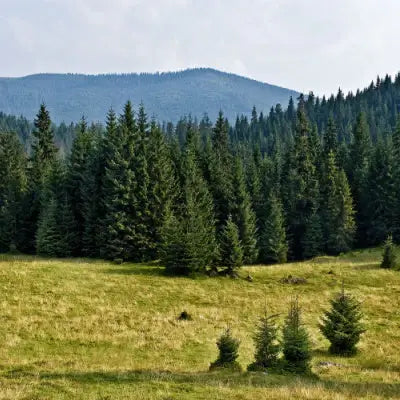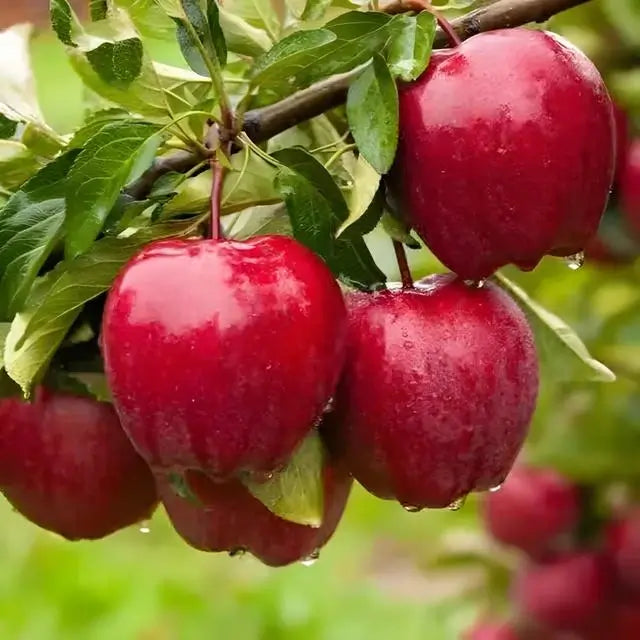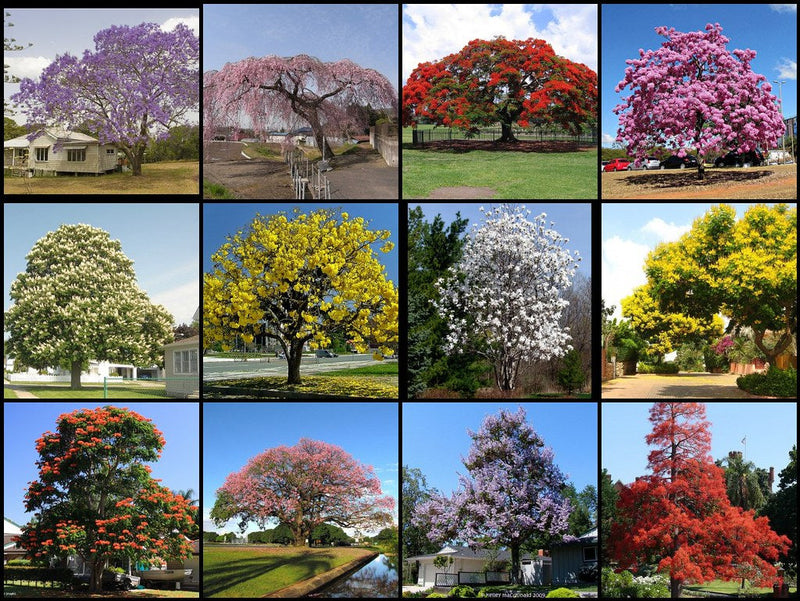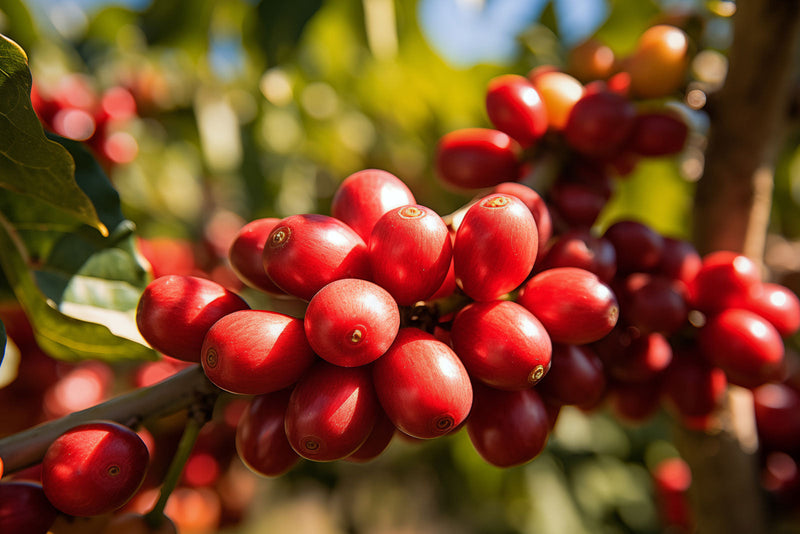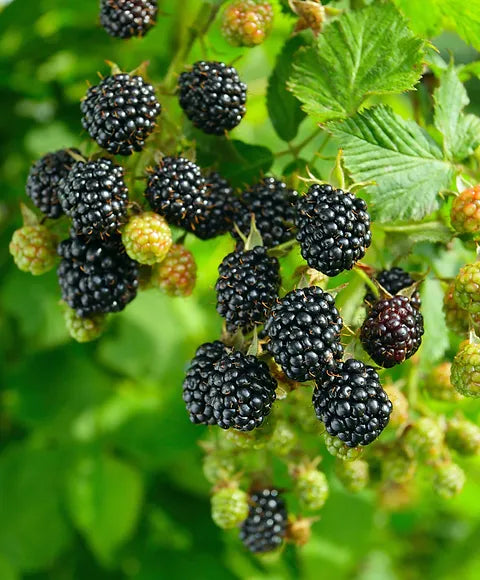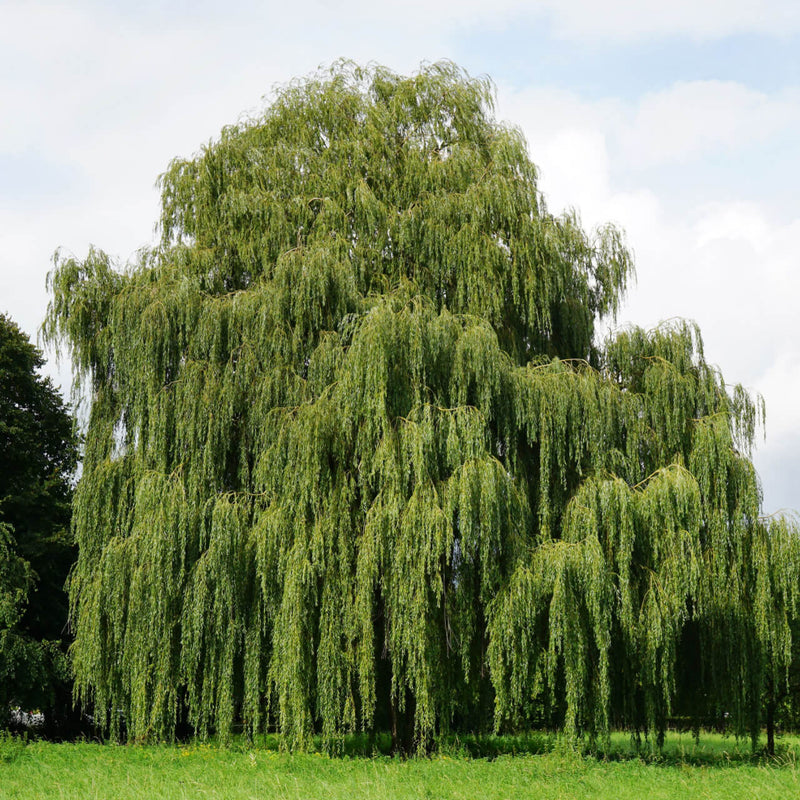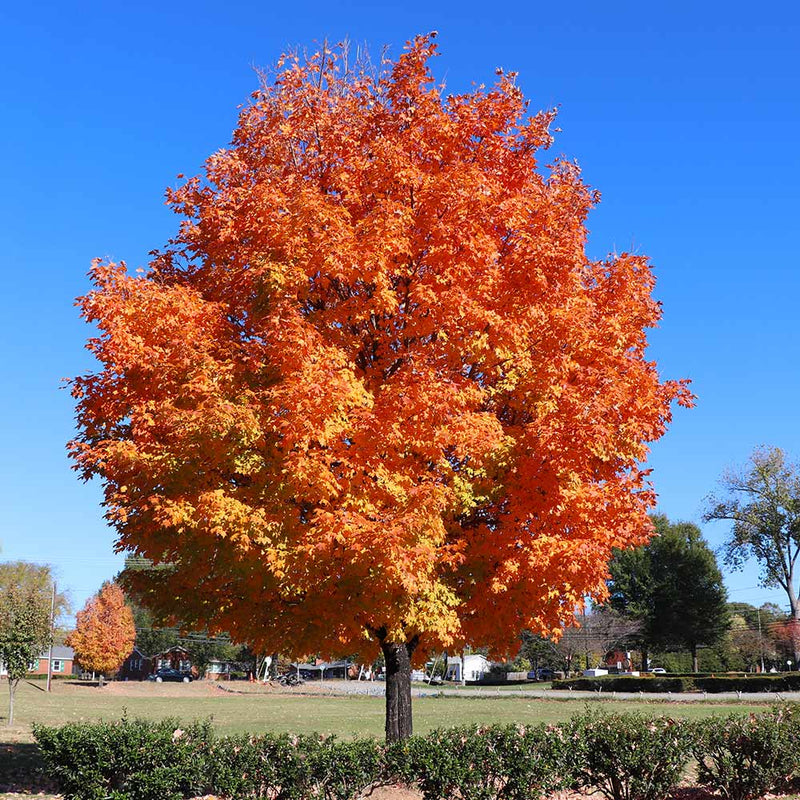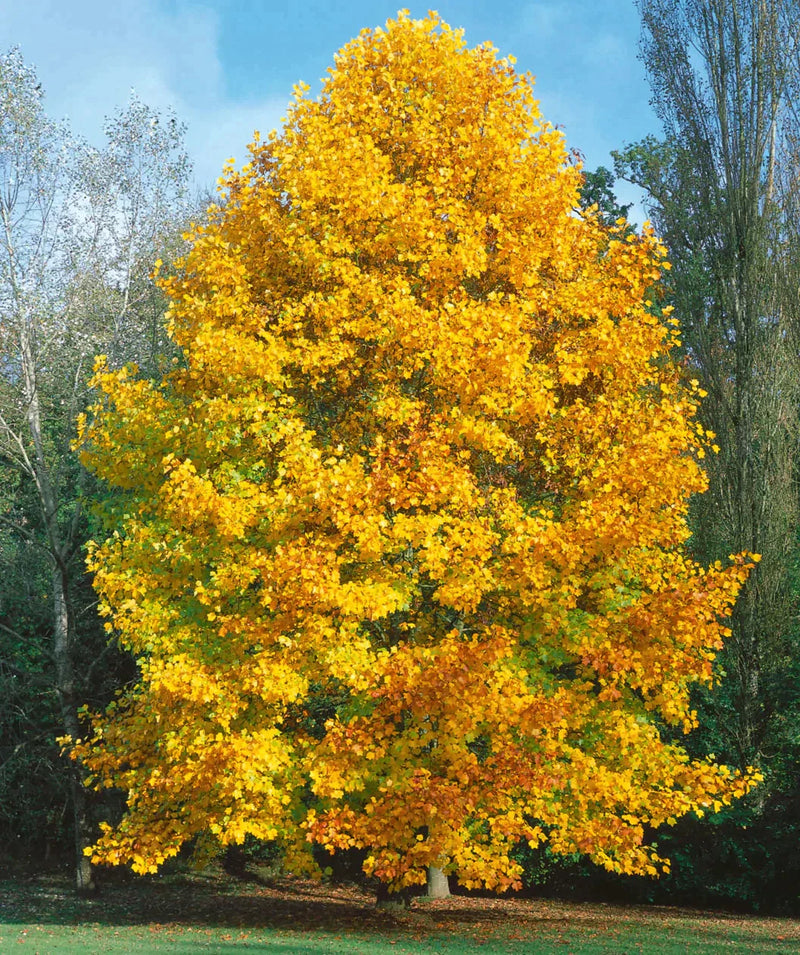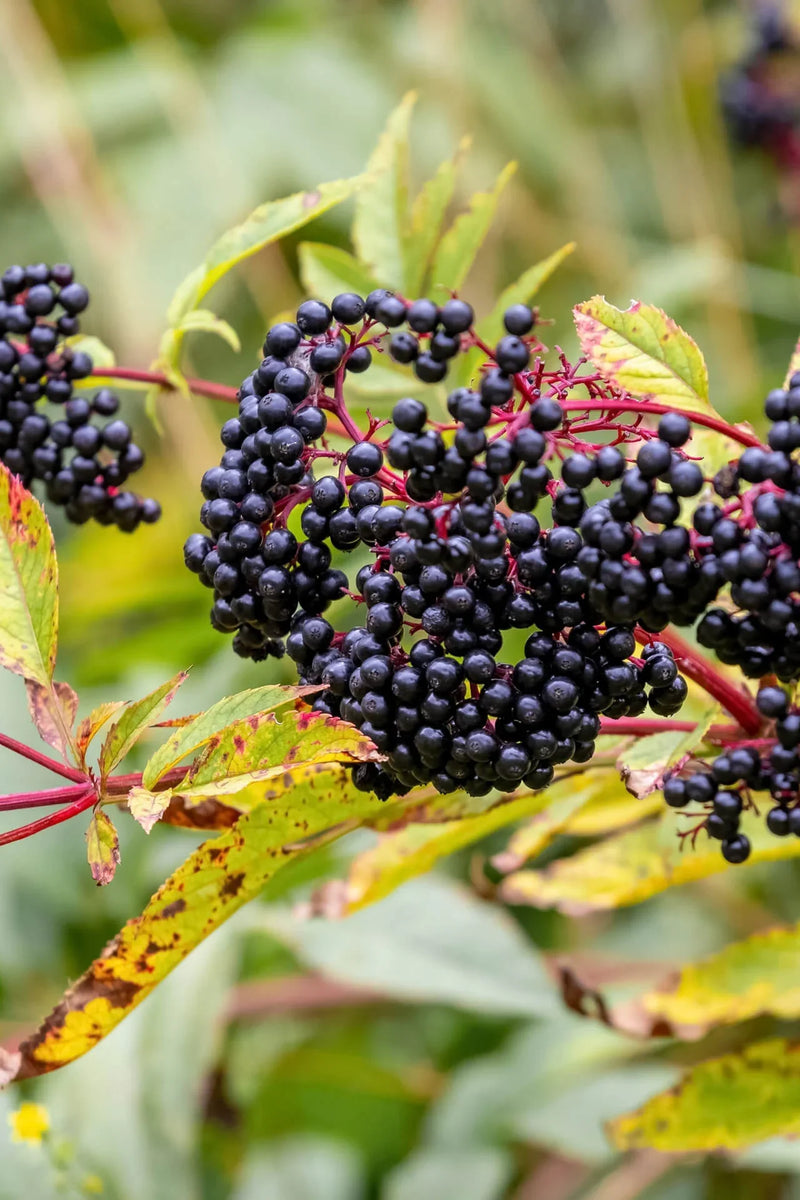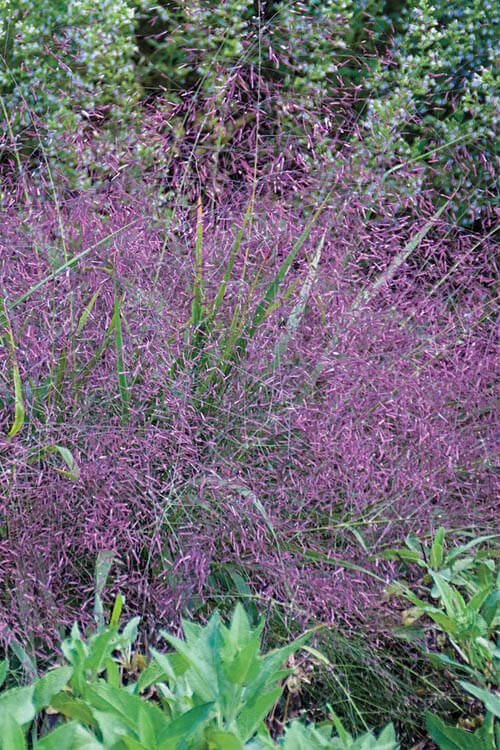Green manure, often called cover crops, is a valuable and sustainable agricultural practice
That involves growing specific plant species to improve soil health, enhance nutrient cycling, control weeds, and promote overall crop productivity.
While green manure can benefit many plants, its suitability depends on various factors, including the choice of cover crop, the specific needs of the target plants, and local environmental conditions. This comprehensive exploration will delve into green manure, its advantages, different types of cover crops, and how to select the most suitable green waste for other plants.
Understanding Green Manure
Green manure is a farming technique that harnesses the power of certain plant species to enrich the soil and enhance its fertility. It involves planting cover crops primarily to improve soil quality and structure rather than for harvest. These cover crops are typically grown for a specific period and then incorporated into the soil before maturity.
Advantages of Green Manure Soil Improvement
Green manure crops are vital in enhancing soil structure. Their roots help break up compacted soil, promoting better water infiltration and root penetration. This contributes to improved aeration and drainage.
- Nutrient Enrichment: Different cover crops have varying nutrient profiles, and their decomposition adds organic matter to the soil. Leguminous cover crops, for example, fix nitrogen from the atmosphere, making it available to other plants.
- Weed Control: Dense cover crop canopies shade out weeds, reducing herbicide needs. Additionally, some cover crops release allelopathic chemicals that inhibit weed growth.
- Erosion Prevention: Cover crops protect the soil from erosion by wind and water. Their root systems bind the soil together, preventing it from being washed or blown away.
- Pest and Disease Management: Certain cover crops can disrupt pest and disease cycles, reducing the prevalence of specific pathogens and insect pests.
- Biodiversity Promotion: Green manure can provide habitat and food for beneficial insects, birds, and soil microorganisms, contributing to a healthier and more diverse ecosystem.
Types of Green Manure Cover Crops
There is a wide variety of compost each with unique benefits. Many selection depends on the specific needs of the target plants, local climate, and soil conditions. Here are some common types of cover crops: Legumes: Leguminous cover crops like clover alfalfa. This nitrogen enrichment benefits subsequent crops.
- Grasses: Grass cover crops such as ryegrass and annual ryegrass are excellent for suppressing weeds and improving soil structure with their fibrous root systems.
- Brassicas: Brassica cover crops like radishes and mustards help break up compacted soil, suppress nematode populations, and release biofumigants that can inhibit soil-borne diseases.
- Winter Crops: Winter cover crops like rye and winter wheat are planted in the fall and protect the soil during winter, preventing erosion and nutrient leaching.
- Cereal Rye: Cereal rye is known for its extensive root system, which improves soil structure and helps retain nutrients.
- Buckwheat: Buckwheat is a fast-growing summer cover crop that attracts pollinators and suppresses weeds.
- Clover: Clover is often used with grasses to add nitrogen to the soil while providing ground cover.
- Sunflowers: Sunflowers have deep taproots that break up compacted soil and scavenge nutrients deep within the soil profile.
Green Manure for Different Types of Plants
The suitability of green manure for different plants depends on the cover crop selected and the specific requirements of the produce you intend to grow. Let's explore how green waste can benefit various types of plants:
- Vegetables: Green manure can be highly beneficial for vegetable crops. For example, leguminous cover crops like clover or vetch can help supply nitrogen to nitrogen-hungry vegetables like tomatoes, corn, and peppers. Cover crops improve soil structure, moisture retention, and fertility, leading to healthier vegetable plants.
- Fruit Trees: Orchards and fruit trees can benefit from green manure practices as well. Leguminous cover crops are beneficial as they enhance nitrogen availability in the soil, promoting vigorous tree growth and fruit production. Cover crops also help control weeds and reduce erosion around fruit trees.
- Field Crops: Green manure plays a critical role in maintaining soil health and preventing nutrient depletion for field crops such as wheat, soybeans, and corn. Cover crops like rye or clover can be planted during the off-season to replenish nutrients and reduce soil erosion. This practice is known as "crop rotation."
- Flowers and Ornamental Plants: Even ornamental gardens and flower beds can benefit from green manure. A well-chosen cover crop can improve soil quality, reduce weed competition, and provide a more hospitable environment for flowers and ornamental plants.
- Herbs: Herbs like basil, oregano, and mint can also benefit from green manure practices. Improved soil structure and nutrient availability can produce more robust herb growth and better flavor.
- Lawns: Green manure isn't limited to traditional crops. Lawn grasses can also benefit from cover crops like clover, which fixes nitrogen and reduces the need for synthetic fertilizers.
- Native Plants: If you are cultivating native plants, it's essential to choose cover crops that mimic the natural environment. Some native plants have specific requirements for soil conditions and mycorrhizal associations, so careful consideration is necessary.
Considerations for Choosing Green Manure Selecting
The right green manure cover crop is crucial to maximize its benefits for your specific plants. Here are some considerations to keep in mind when choosing green manure:
- Soil Type: Consider your soil type, whether sandy, loamy, or clayey. Some cover crops perform better in specific soil conditions.
- Climate: Different cover crops are suited to different climates. Some thrive in hot, dry conditions, while others prefer relaxed, moist environments. Make sure to choose cover crops that match your local weather.
- Crop Rotation: Plan your green manure crops as part of a crop rotation strategy to address your primary crops' nutrient and pest management needs.
- Nitrogen Needs: Assess the nitrogen requirements of your target crops. If they require high nitrogen levels, consider leguminous cover crops.
- Potential Challenges and Considerations While green manure can offer numerous benefits, it's essential to be aware of potential challenges and considerations: Competition: In some cases, cover crops can compete with your main crops for water and nutrients.
Careful planning and timing are necessary to mitigate this
- Disease and Pests: Some cover crops may attract specific pests or conditions that could affect your main crops.
- Incorporation Challenges: Incorporation can be challenging depending on the cover crop and its growth stage. Consider using appropriate equipment or methods to ensure proper integration into the soil.
- Costs: There may be upfront costs associated with purchasing cover crop seeds and implementing green manure practices. However, the long-term benefits often outweigh these costs.
- Learning Curve: Implementing green manure effectively may require a learning curve, especially if you are new to the practice. Educating yourself about the specific cover crops and techniques suitable for your region is essential.
Conclusion
Green manure can enhance soil health, improve nutrient cycling, control weeds, and contribute to overall crop productivity, from vegetables to fruit trees to field crops to ornamental gardens. The choice of cover crop is a critical factor in determining the success of green manure practices. Factors such as soil type, climate, nitrogen needs, and weed control requirements should be carefully considered when selecting cover crops. While green manure can bring many advantages, it's essential to be aware of potential challenges with proper planning and management; green manure can be a valuable tool for sustainable agriculture, promoting healthier soils and more productive crops while reducing the environmental impact of farming practices.

